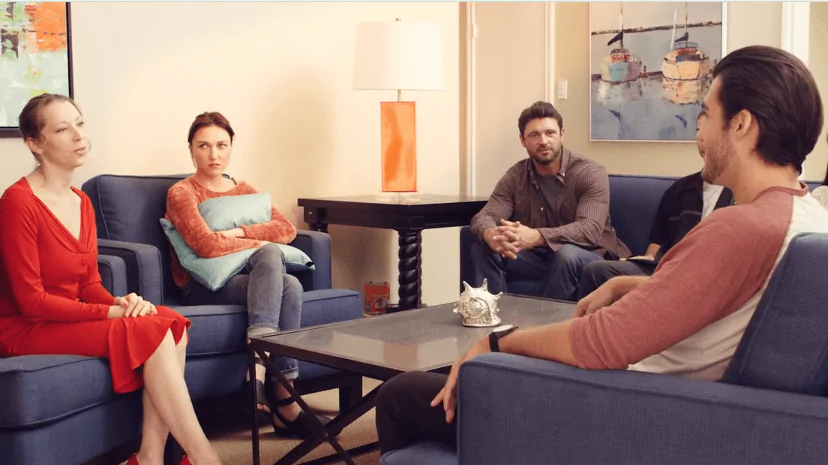24/7 Helpline:
(866) 899-111424/7 Helpline:
(866) 899-1114
Learn more about Dual Diagnosis Rehab centers in Richland County

Other Insurance Options

Health Net

Horizon Healthcare Service

Premera

Sliding scale payment assistance

Optima

Optum

Multiplan

EmblemHealth

MHNNet Behavioral Health

Anthem

Choice Care Network

Oxford

Excellus

Carleon

State Farm

Kaiser Permanente

Group Health Incorporated

Lucent

Sutter

Magellan Health

Palmetto Addiction Recovery Center
Palmetto Addiction Recovery Center is an accredited addiction treatment center in Rayville, Louisian...

Rayville Recovery
Rayville Recovery provides affordable drug and alcohol detox and rehabilitation options to residents...











Northeast Substance Abuse
Northeast Substance Abuse is a private rehab located in Rayville, Louisiana. Northeast Substance Abu...

















































